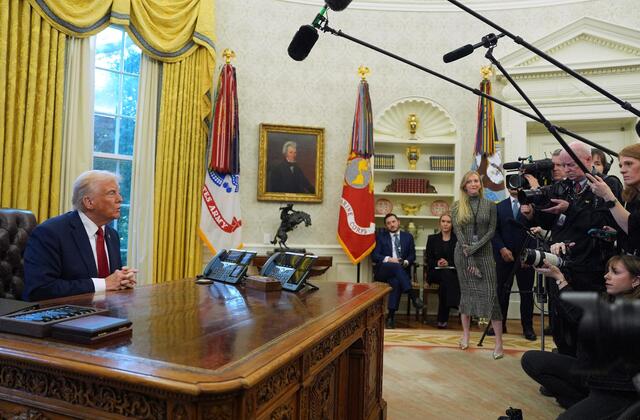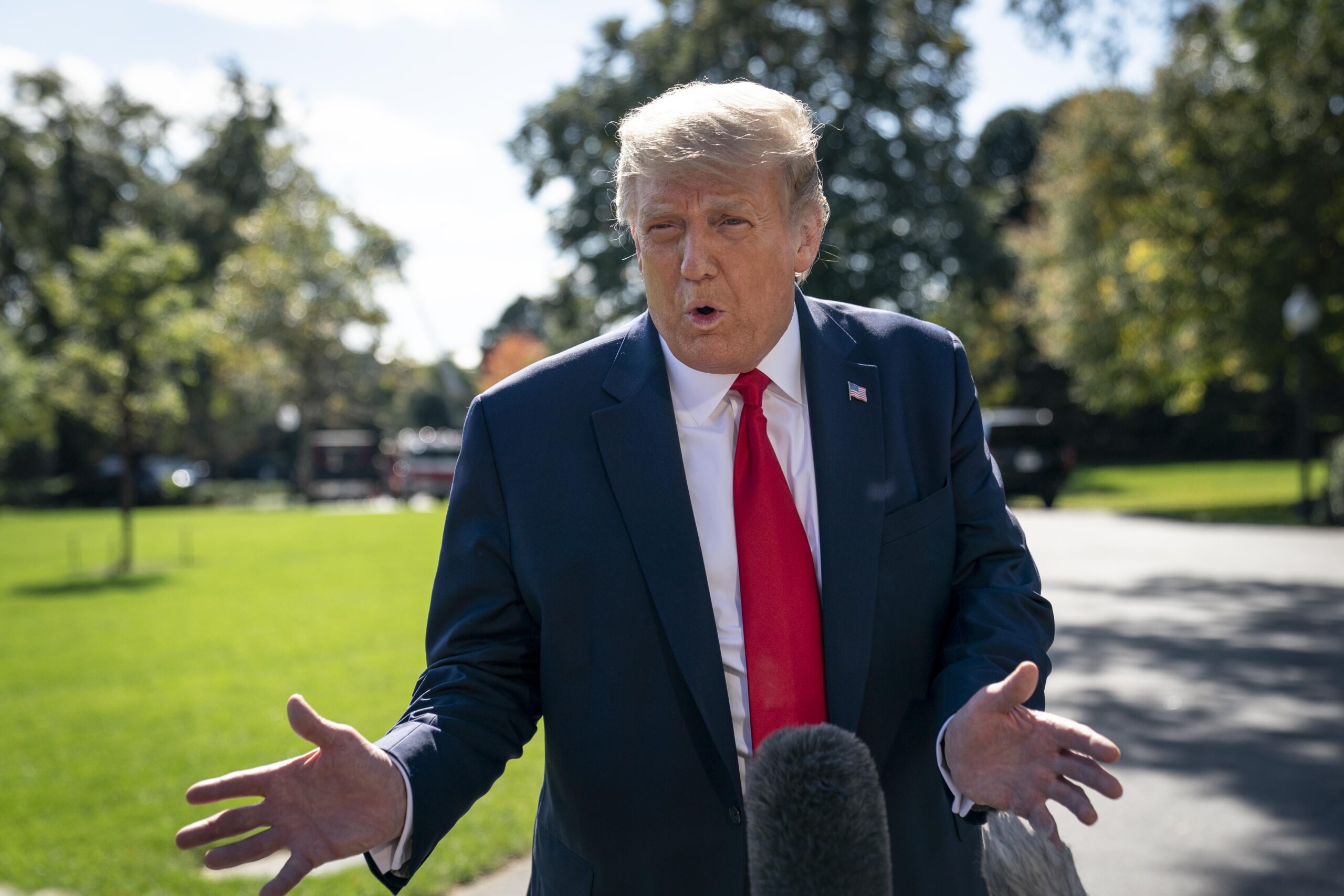Former President Donald Trump has thrown his support behind raising taxes on wealthy Americans—a surprising stance for a Republican leader. The move comes as part of a broader effort to fund his key economic proposals without cutting into essential government benefits like Social Security and Medicare. Trump’s announcement marks a shift in focus, placing the financial burden on top earners rather than slashing safety-net programs that many Americans rely on.

Congressional Republicans, meanwhile, have faced mounting pressure as they search for ways to cover the costs of Trump’s economic initiatives. Their usual go-to—cutting entitlement programs—has proven politically risky and unpopular among both voters and lawmakers. With limited options and increasing scrutiny, the idea of targeting the wealthy for additional revenue has started to gain traction, especially with Trump’s endorsement.

While the plan is still in early discussions, Trump’s support may signal a turning point in Republican economic strategy. It reflects a calculated effort to maintain voter support among middle- and working-class Americans while still advancing conservative fiscal goals. Whether this approach will unite the party or deepen internal divides remains to be seen, but it has undoubtedly stirred new debate in Washington.
